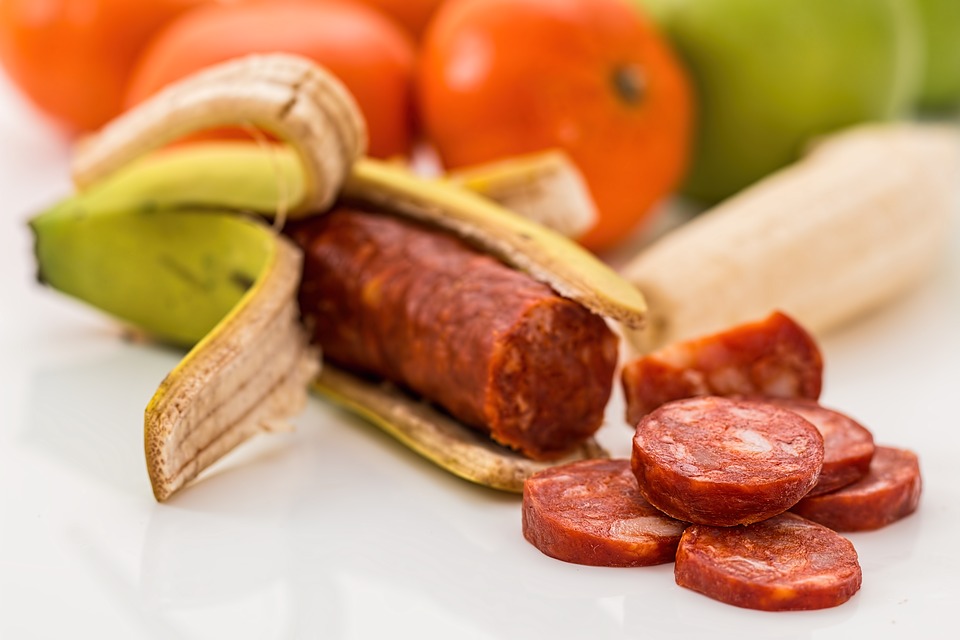
A team of researchers in nutritional sciences, kinesiology, and health education at the University of Texas at Austin has found that eating more ultra-processed foods—from diet sodas to packaged crackers to certain cereals and yoghurts—is closely linked with higher blood sugar levels in people with Type 2 diabetes.
In a recent paper published in the Journal of the Academy of Nutrition and Dietetics, the team describes how, more than just the presence of sugar and salt in the diet, consuming more ultra-processed foods loaded with additives can lead to higher average blood glucose levels over several months, as measured by HbA1C.
“We wanted to understand the impact of different types of foods on blood sugar control in people with Type 2 diabetes,” said Marissa Burgermaster, assistant professor of nutritional sciences at UT and the senior author of the study. “Our findings showed that individuals who consumed more ultra-processed foods had poorer blood sugar control, while those who included more minimally processed or unprocessed foods in their diet had better control.”
The researchers examined the diet recalls and scored them against three widely used indexes that look at the overall quality or nutrition in a person’s diet. Still, those tools were not associated with blood glucose control. Instead, how many grams of ultra-processed food the participants ate or drank was linked to worse control, and a correspondingly better control occurred in participants who ate more whole foods or foods and drinks with minimal processing.
Recent studies have indicated that eating more ultra-processed foods is linked to higher rates of cardiovascular disease, obesity, sleep disorders, anxiety, depression and early death. Ultra-processed foods are typically higher in added sugars and sodium. Still, the researchers concluded that the A1C increases were not about merely added sugar and sodium, or they would have correlated with the tools that measure overall nutritional quality in the diet. Synthetic flavours, added colours, emulsifiers, artificial sweeteners and other artificial ingredients may be in part to blame, hypothesized Erin Hudson, a graduate student author of the paper, and this would suggest that dietary guidelines may need to begin to place more emphasis on ultra-processed foods.